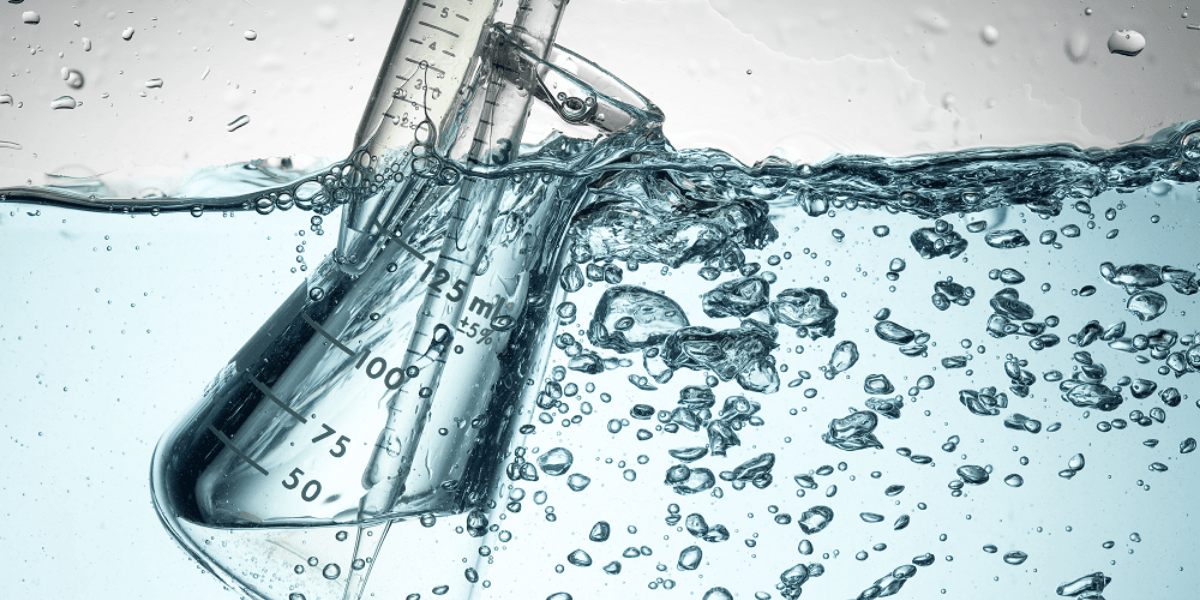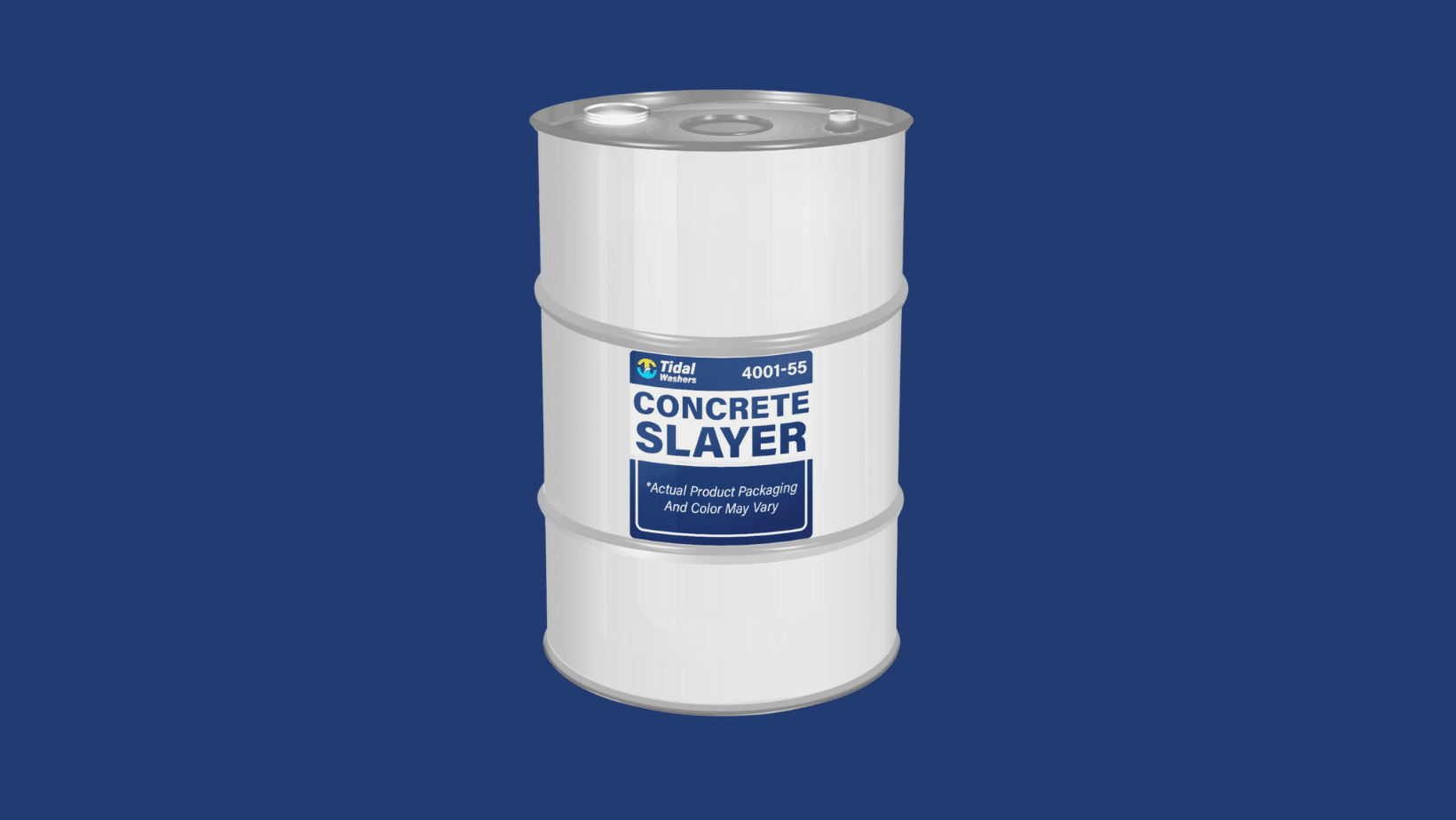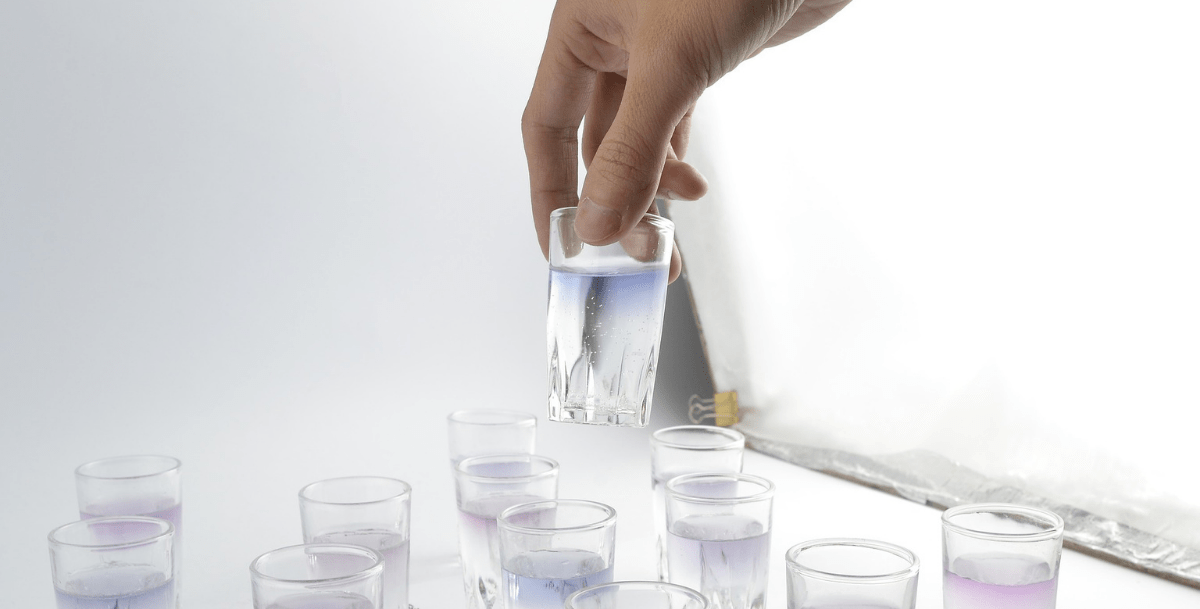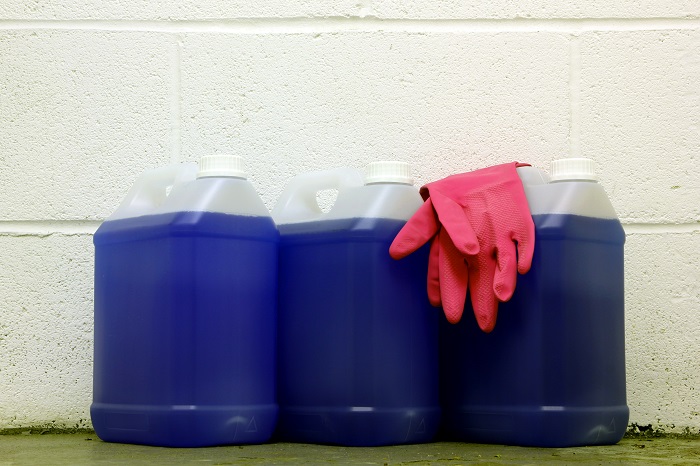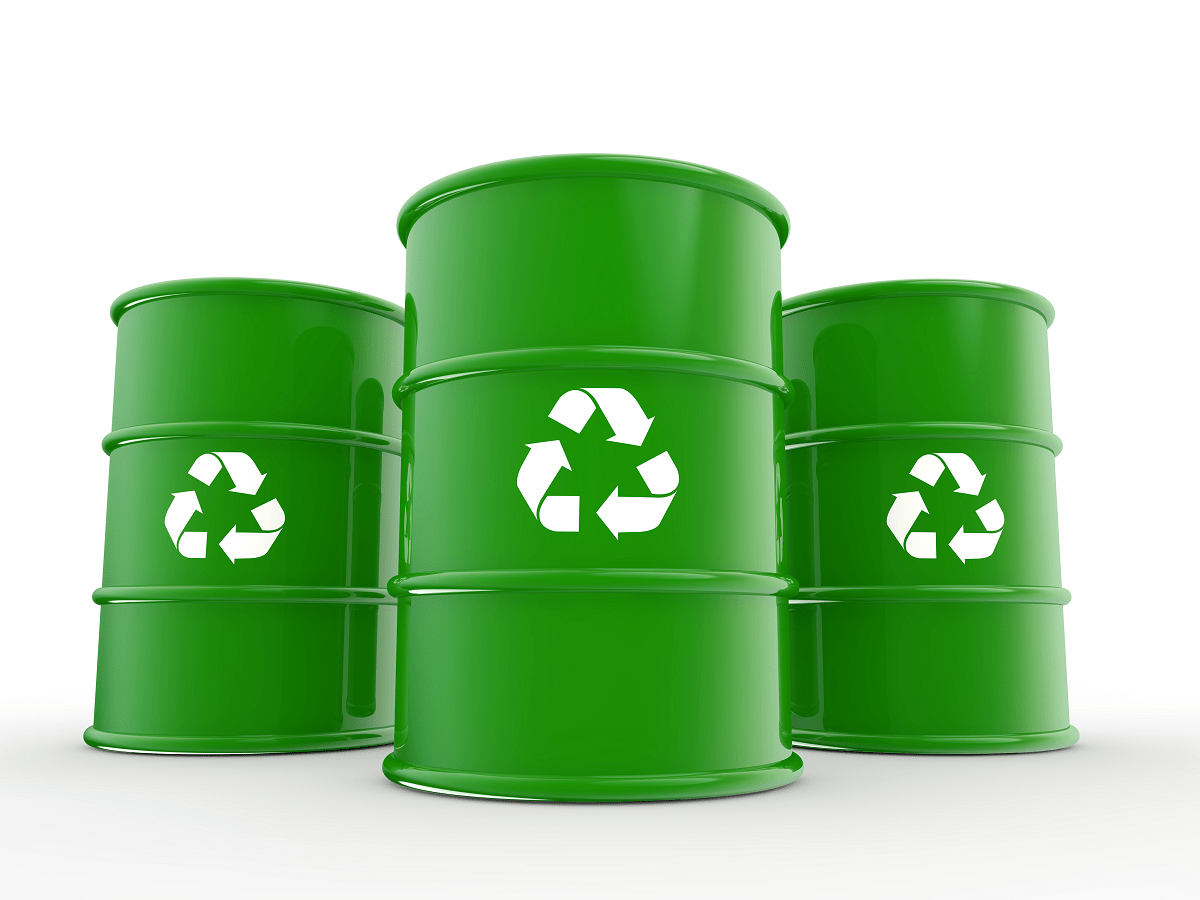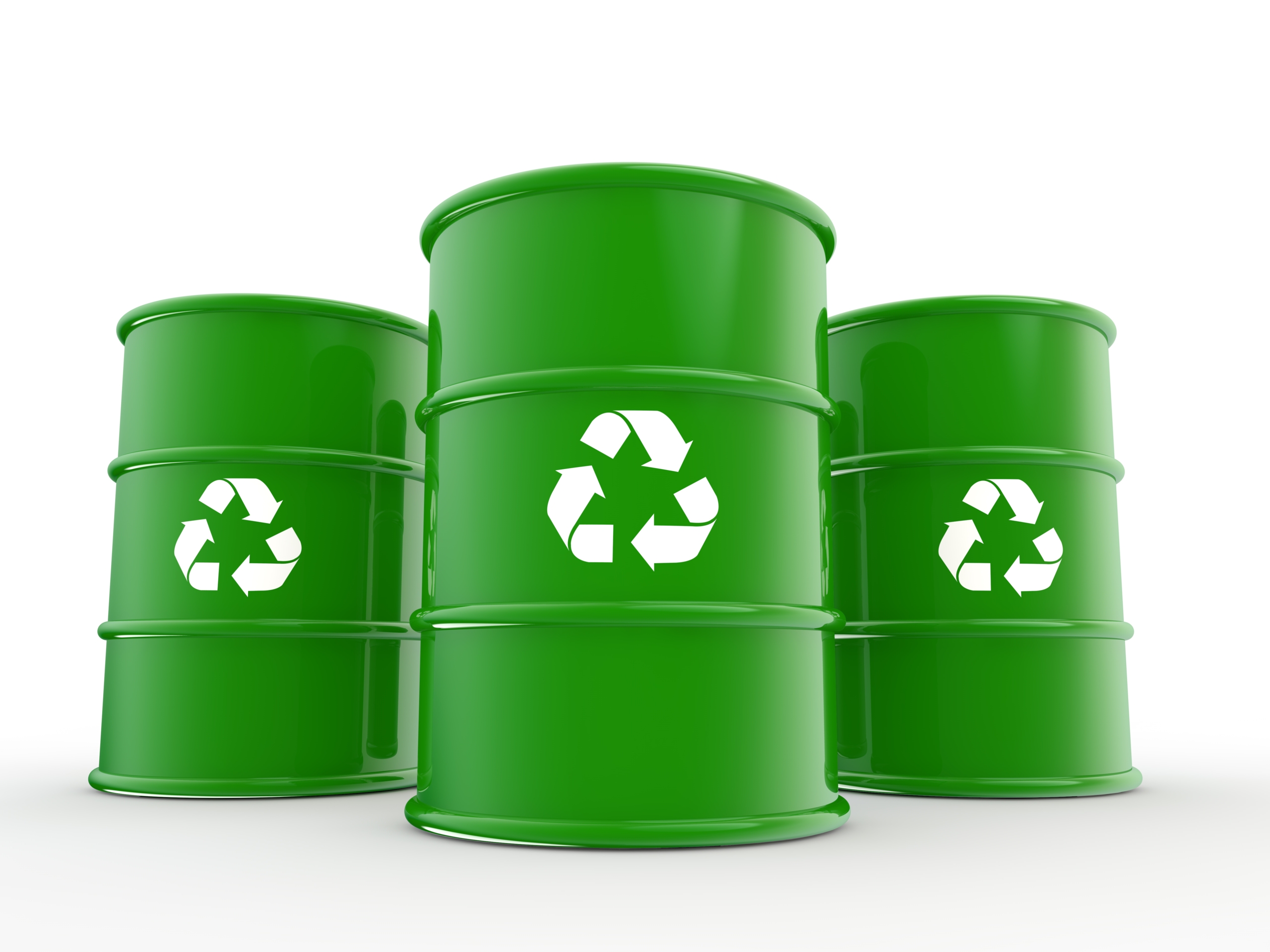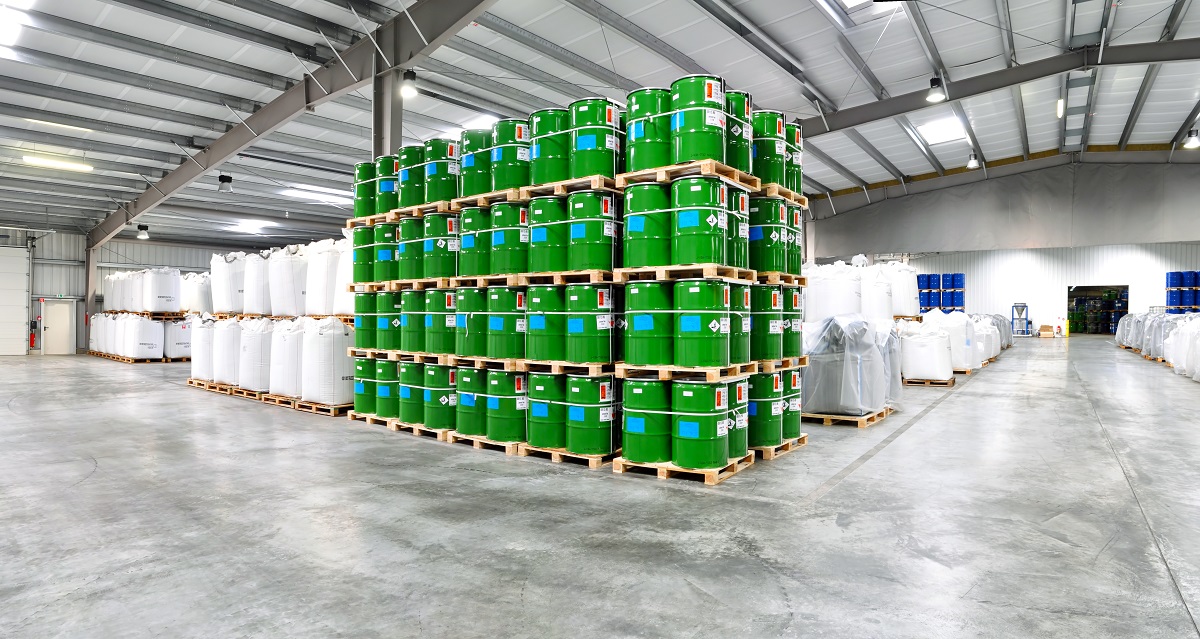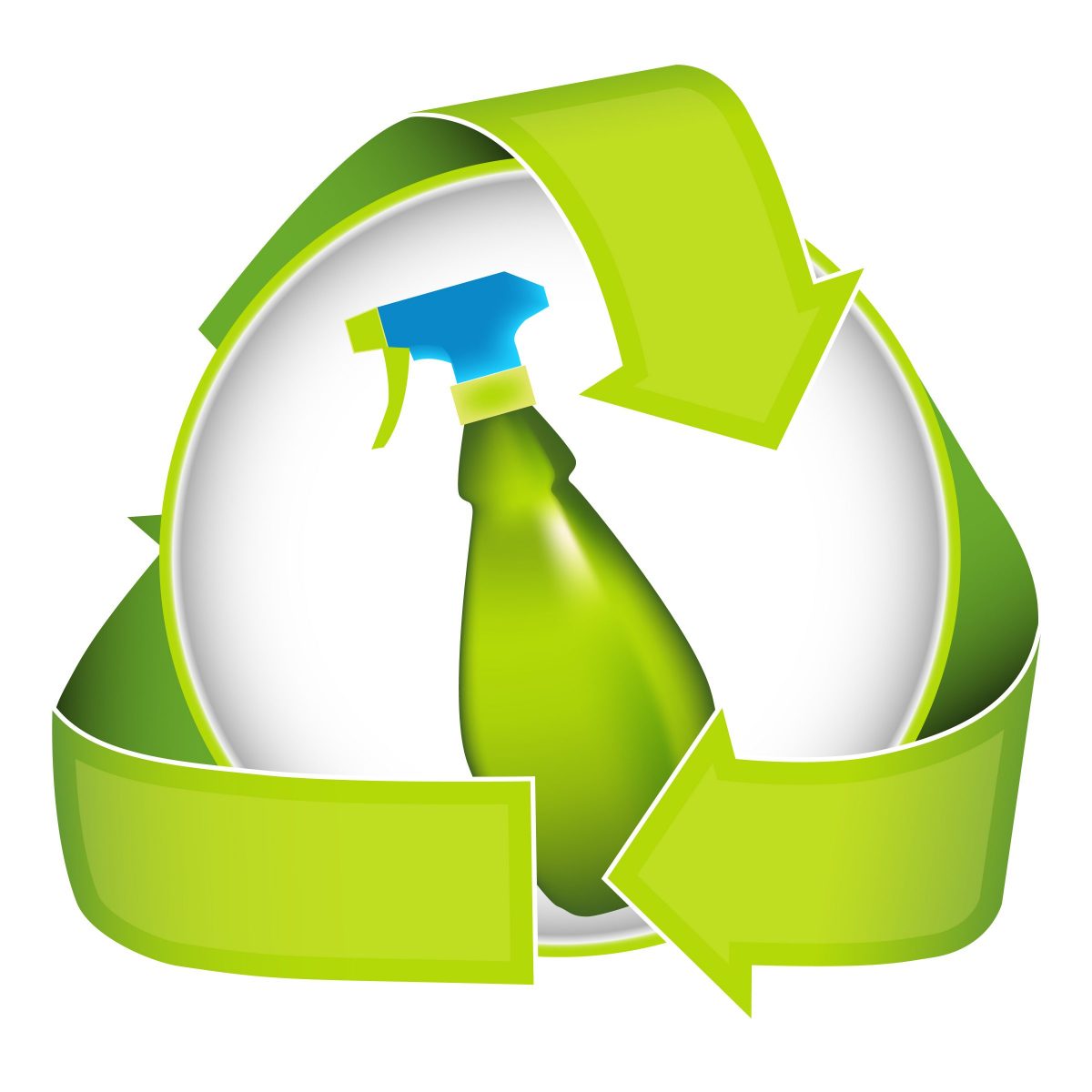The most utilized paint remover chemical is methylene chloride, also known as dichloromethane. Though effective and relied on by many industries,...
Blog


CHEMICAL INDUSTRY NEWS
Chemical Chat – Discover What’s New!
Difference Between Acetone And Acetate
What is the difference between acetone and acetate? To adequately explain the differences between acetone and acetate, it is important to define...
The Benefits of Concrete Slayer
Looking to Remove Concrete? As some industries know too well, concrete that has accumulated and hardened on surfaces where it is unwanted can be a...
Is Turpentine The Same As Mineral Spirits
Is turpentine the same as mineral spirits? No, it is not. While turpentine and mineral spirits may share some similar...
Difference Between Acetone And Acetate
What is the difference between acetone and acetate? To adequately explain the differences between acetone and acetate,...
Company News
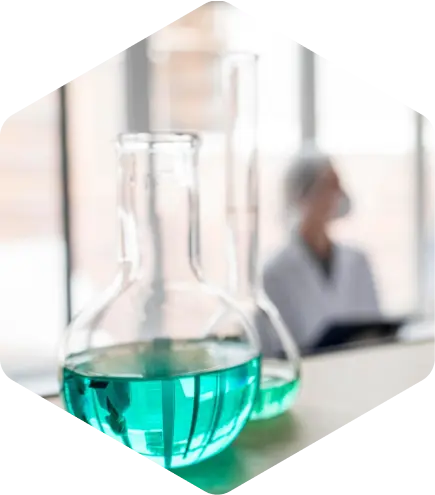
Managed Services
Discover the Latest in Safe and Sustainable Chemical Solutions
Stay informed with Ecolink’s blog! Subscribe now
Chemical Management Information
Stay updated with us
Sign Up for the Latest Updates
Stay informed about chemical supply chain disruptions and emerging innovations to keep your business at the forefront of efficiency and innovation. Uncover new ways to make your business practices more sustainable by incorporating safer products into your cleaning lineup.




